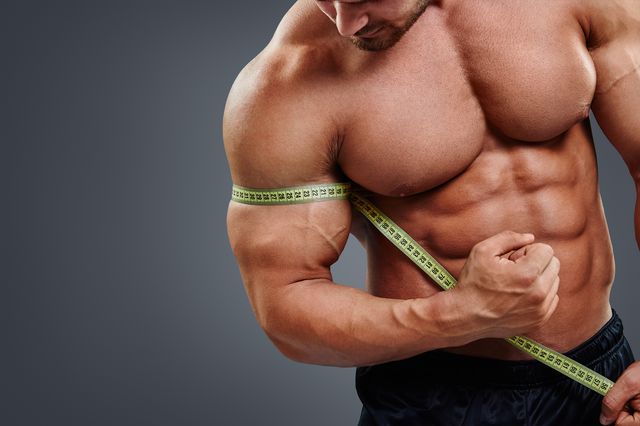A List of Medical supplies Every Healthcare Needs
Medical supplies constitute the backbone of any medical procedure. Healthcare facilities won’t be able to give patients the kind of care they need without the necessary equipment. Hospitals should therefore routinely evaluate their inventories in order to plan purchases appropriately.
1. Protective Equipment
Wearing protective equipment is an important approach to prevent the spread of illnesses. You should apply this when doing any treatments and during tests.
Every hospital must work with a medical grade face mask wholesaler and make sure they have a couple of pairs of these.
Any doctor’s office would benefit from keeping plenty of hand sanitizer on hand. This should be placed in each room in a handy position for patients.
2. Basic Diagnostic Equipment
These basic diagnostic tools are a must-have on any list of medical supplies:
- A blood pressure monitor
- Thermometers
- Blood test kits
- A pulse oximeter
- Stethoscopes
- Ophthalmoscopes
- Otoscopes
- Colposcopes
Additionally, make sure that you have assessment and procedure tables for all of your patients. Support structures and height-adjustable tables are included in this. You can help patients up onto a bed that doesn’t have an adjustable height setting by keeping a step in your waiting room.
3. Therapeutic Virtual Reality Device
500 million people worldwide are impacted by mental illnesses and brain abnormalities, which are also some of the main causes of sickness and impairment.
Virtual reality (VR) users can easily engage with the environments seen through their headsets and enjoy captivating visuals, sounds, and even sensations. People experience a sense of being in a whole new setting, world, or even reality.
Hospitals provide At-home therapeutic Virtual Reality, which is an attempt to come to terms with the event and heal.
4. An Automated External Defibrillator
If a patient experiences a sudden cardiac arrest, this life-saving apparatus can access their heartbeat. The defibrillator may also provide an electric shock to assist in regulating the heartbeat, if necessary.
Although using an AED could appear like a difficult task, it’s actually very simple. They are also transportable, so if you have one in your office, you can swiftly assist the patient by taking it there.
5. Laboratory Doctor Supplies
Basic diagnostic tests may not always be able to provide you with all the information you require. In this case, laboratory testing may be required to provide a more deep understanding of your patient’s health.
The following should be in lists of laboratory medical equipment:
- A centrifuge
- Urine analyzers
- Chemistry analyzers
- Glucose analyzers
- Microscopes
- A fridge and freezer for storing specimen
Some medical facilities might decide to contract out some diagnostic procedures. But having these materials on hand will enable you to provide prompt and precise diagnosis.
6. An ECG Unit
An essential piece of medical technology that helps in identifying irregular heart activity is an ECG unit. It carries out an electrocardiogram, which gauges the electrical activity of a patient’s heartbeat.
The device continuously records a patient’s heartbeat and prints out the rhythm. This enables you to identify any abnormalities right away.
Good to know: Protests myanmar netblocksfingasengadget.







